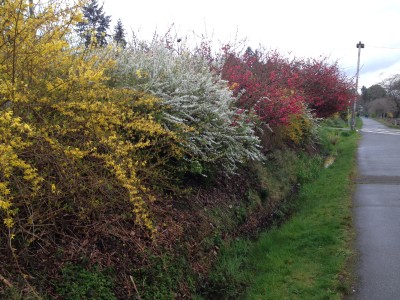The question asked was, “how to start a community of practice beginning with the invitation.” It was asked by a newcomer to the Art of Hosting list serve.
A response was posted by Chris Corrigan, some “pithy” principles. Sometimes the pithy are really the best, aren’t they.
- Don’t get so far ahead of everyone that no one is beside you.
- Use language that people can understand.
- Take time to continue learning how things work, and experiment and play.
- Some things will work. Don’t get addicted to repeating them. Some things will not work. Don’t let them stop you.
- If you learn something, share it.
Good as gold.

